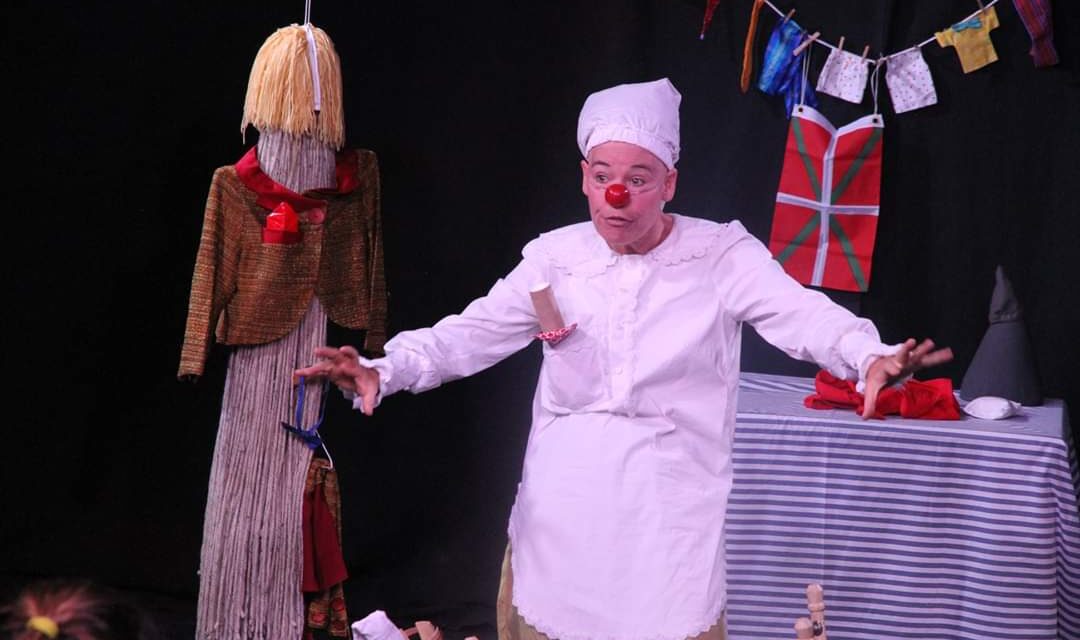The coronavirus pandemic has completely reconfigured society’s world over. Health experts say the new normal, in most countries, which sees many cuddling with masks and observing social distancing will not end soon. They predict that in some areas it will run into 2021.
Therefore, all none essential public gatherings will still be kept on ice until a time when a vaccine has been discovered. With this reality dawning on the creative sector, the development of new ways of creating content without having to meet physically becomes critical.
For musicians, this will not be a difficult terrain to manoeuvre as many collaborations have been staged over the years with artists sending each other files over the internet and sweet music is created with those involved not having to meet at all.
However, for the theatre fraternity, a new methodology needs to be devised.
With a crisis of dwindling audiences already looming in most theatres on the African continent, the pandemic makes things more difficult for thespians.
So what then could be the way forward?
The African Theatre Magazine caught up with one of the renowned voices in Zimbabwean theatre, the award-winning Raisedon Baya who gives us a few nuggets of wisdom as to what the future may look like amid the pandemic.
“I think it will not be easy,” bluntly states Baya as he speaks to us on the matter. “Theatre by its nature is a live performance and works better with a live audience. It is meant to bring people together and share experiences. However, coming together is what is being discouraged at the moment. So the first response for many theatre practitioners will be to go digital. Record their work either as videos or audios and try to keep their audiences entertained while waiting for the lockdown rules to be relaxed,” he shares.
Going digital is something that was attempted earlier this month when the inaugural edition of the Stephen Chifunyise International Theatre Festival was staged. The views were fairly low and there was no generation of income.
As Baya narrates, the magic of theatre is in its live format, something that is not carried in the pre-recorded productions.
When watching the work that was published during that festival it feels like there is a missing element. The intangible feeling that can only be experienced when one is live at the theatre and the cast and technical staging are serenading you on the go.
Baya continues, “This will be hard for most Zimbabwean theatres. First, it will be hard to pull resources together to record their work. Secondly, it will be hard to monetize these. Putting works on the internet or recording them does not necessarily mean getting paid. They have to find ways to make sure they get paid at the end of the day.”
In Britain, players in the theatre fraternity who have also been affected by the lockdowns have come up with various ways to keep people entertained and also try to make a few cents in the process. They have developed platforms like the Coronavirus Theatre Club. But, as is the case with Zimbabwe, technology tends to let them down once in a while and they are considering going for pre-recorded shows as opposed to live ones.
Baya who has been in the game for over two decades indicates that the pandemic will cause many to rethink their approach to the business of theatre. Something long overdue in the Southern African Country.
“The truth is the game has changed. Theatre makers have to change their way of doing business. If audiences are allowed, I see them being allowed in small numbers too. That means thespians have to think about making money. I think now the best opportunity is for those doing industrial theatre and developmental theatre. These can survive teaching communities about the new thinking and where the world is going,” he revealed.

Image from the Stephen J Chifunyise International Online Theatre Festival in March 2020. Photo Credit: TheAfricanTheatreMagazine.com
The Distant Future
Like many other challenges, this one too shall pass. The masks will disappear but what then happens to the sector when social distancing is no longer a factor.
Baya says the cash stripped sector will only make it post Covid-19, by collaborating.
“Collaborations are certainly going to be central in uplifting the sector. I see collaborations between sectors. Theatre and filmmakers first. Theatre and radio stations. I see collaborations between individuals as companies will be unsustainable for some time. I see collaborations working as catalysts in bringing communities together. The virus encourages compartmentalism and divisions and it will be upon artists to encourage togetherness. So I see collaborations playing a big part there,” noted the elder.
Many theatre artists have found ways to be creative to keep doing theatre or some form of it, but the real test will be when things fully open up.
This article first appeared in theafricantheatremagazine.com on May 30th, 2020, and has been reposted with permission. For the original article, click here
This post was written by the author in their personal capacity.The opinions expressed in this article are the author’s own and do not reflect the view of The Theatre Times, their staff or collaborators.
This post was written by Takudzwa Chihambakwe.
The views expressed here belong to the author and do not necessarily reflect our views and opinions.


















